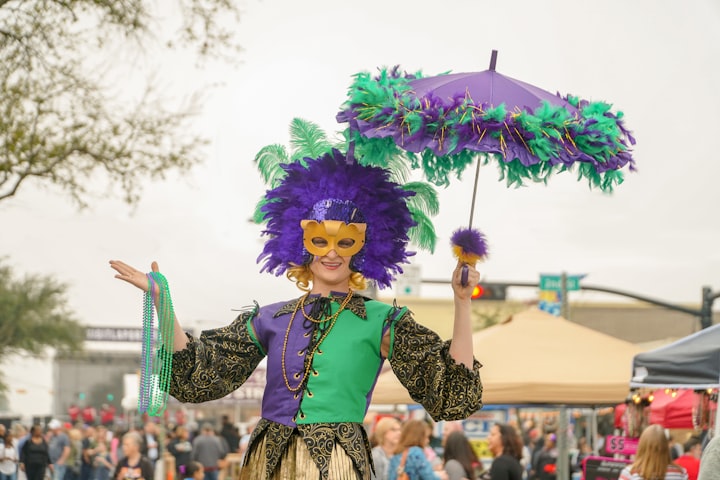A Will or a Trust?
Don’t leave your finances hanging

Since retiring, travel has become the one constant in our lives. We spend most of our time away from what we call home. We spend fewer nights in our traditional structure than we do in our motorhome. We travel without a destination or a timeline of when we will return.
This suits our desires but left us wondering what if . . .
- What if one or both of us die during one of our adventures?
- What if we are no longer alive to support our adult daughters?
- What if we haven’t spent our children’s inheritance, and we no longer are able to do so?
The what ifs began to plague our thoughts. Add to the obvious concerns, we questioned what would happen to money/property left to our daughter who had a stroke and lived on government support.
- Is there a risk the government would take her inheritance?
- How would she access money?
- Who would protect her best interests?
The questions prompted some investigation that led us to a lawyer and ended in the writing of a trust.
The decision to create a will or a trust is a personal questions and may differ for each person; however, for us a trust met our needs. Now I write to share some of our lessons and encourage others to do their own investigation.
These are the reasons we decided to create a trust.
- We own a cabin that our family has enjoyed for over 25 years. Both of our daughters agreed they wanted it to remain in the family and be available to their kids and grandkids. We also want this so upcoming generations will have the opportunities our children enjoyed growing up. A trust protects this property from ever being sold unless both the girls agree.
- We didn’t want our wealth (as limited as it might be) to be given away if either of the girls divorced. Let me preface this by stating they both have extremely happy marriages, but the future is unsure. A trust protects the assets from ever being subject to division between spouses. The cabin and property will forever remain in the family and any money we haven’t spent will be placed in an account that only our children will be able to access.
- A trust allowed us to appoint one daughter as executor of the estate and make final decisions. Because of health issues the other daughter benefits from this support if anything happens to us. Without going into specifics, this was a necessary feature for our situation.
- The concern that the government would seize any finances left to our dependent daughter left us fearful she would not have support long after our death. We discovered this was a relevant fear and learned a trust creates a pocket that can’t be touched by outside entities.
- Within the trust we added addendums that explained the responsibilities of different individuals. The lawyer’s extensive knowledge prompted us to create a tier system in case something happened to the first appointee, the second and so forth. In some cases, multiple people were named to make final decisions about our health, living conditions, and everything associated with our life and end of life.
The choices are endless
We contemplated creating a trust using online resources. This is a viable options for some people but because of the complexity of our situation, working with a lawyer made sense. He asked questions we had never thought about, shared scenarios we never contemplated, and explained how slight changes in life could impact the final outcome. His advice allowed us to create a document that honored our wishes.
Though the cost of a lawyer is more than some of the alternatives, we know if something happens to us, our daughters’ interests are protected and they will have guidance on how to proceed. The executor will be supported in decision making for the entire family.
I am not a lawyer
I would never try to advise anyone how to plan their end of life decisions. The complexities are so complicated and unique to each situation that there is not a one size fits all. But after researching, questioning, and listening, I encourage everyone to think ahead and maybe even, think outside the box. Is a will or a trust better for you?
Most importantly
A written document creates peace for survivors. The process of creating a trust has prompted numerous conversations. Everyone understands our desires and we understand theirs. Losing a loved one creates enough grief without the added burden of trying to guess the deceased’s wishes or fulfill their desires without support and guidance.
Love them enough to plan for the future.
_________________________________________________
Now that is some heavy stuff to digest. How about some humor to lighten the mood? Read these for a smile.
Death Happens, Prepare an Exit Plan When Traveling
Personal Inventories Guide Retirement Decisions — RVing in Retirement
About the Creator
Brenda Mahler
Travel
Writing Lessons
Memoirs
Poetry
Books AVAILABLE ON AMAZON.
* Lockers Speak: Voices from America's Youth
* Understanding the Power Not Yet shares Kari’s story following a stroke at 33.
* Live a Satisfying Life By Doing it Doggy Style explains how humans can life to the fullest.






Comments
There are no comments for this story
Be the first to respond and start the conversation.